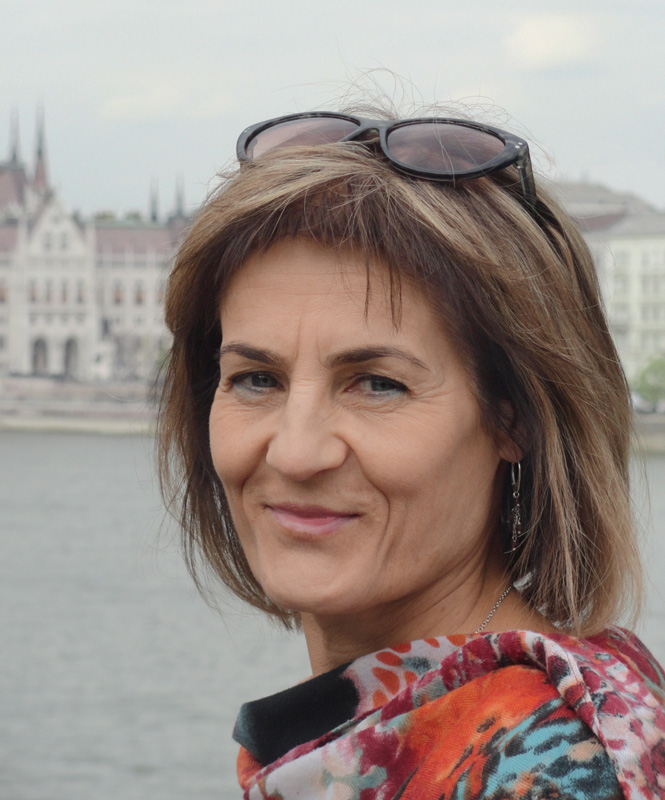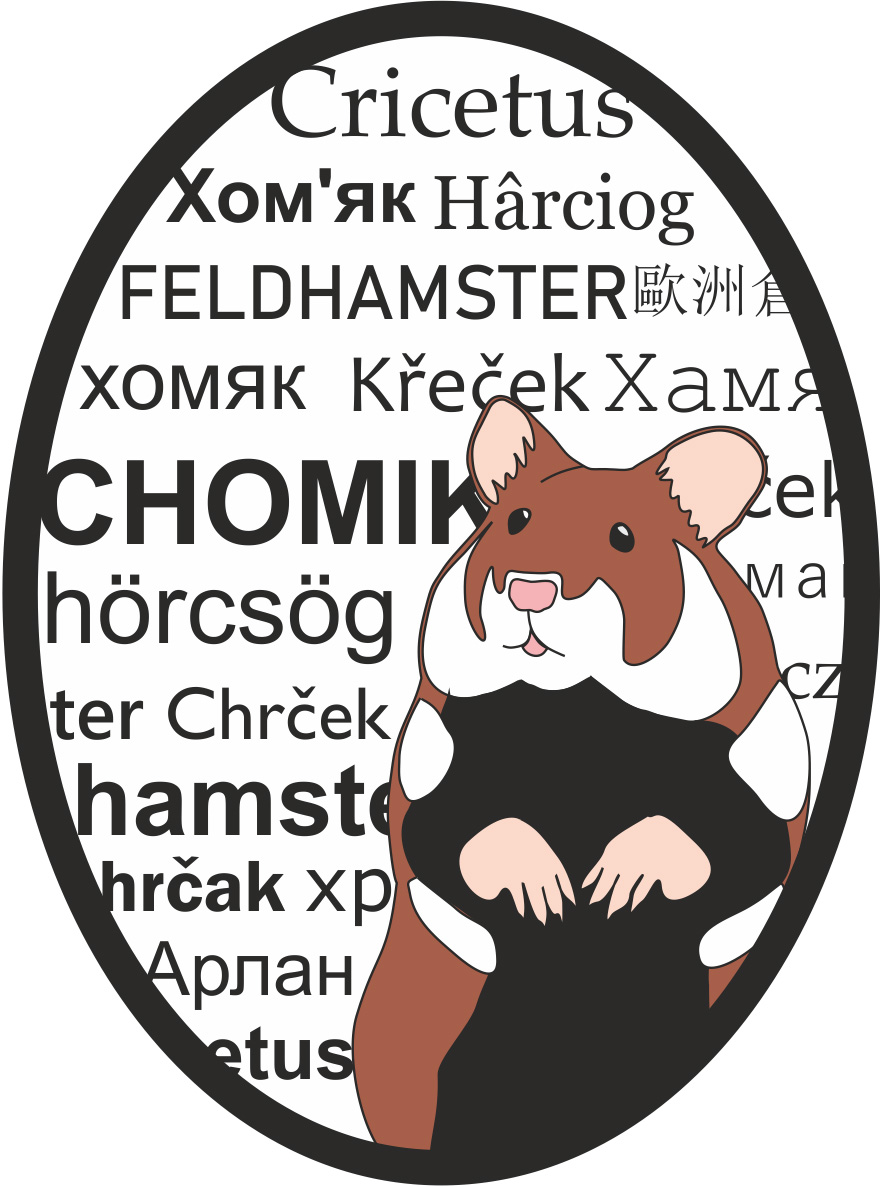The 27th Meeting of the International Hamster Workgroup (MIHW) whas like no other. This year (2020) the conservation status of the European hamster in the IUCN Red List was changed from the least concern (LC) to the critically endangered (CR). This year also due to outbreak of the pandemic caused by the SARS-Cov-2 virus, the conference was divaded into two parts, from wich the international part, was conducted exclusively by internet
Estimates by European hamster scientists show that without large-scale and effective remedial measures the species could disappear from the wild in less than 20 years. In 2020, on the initiative of the researchers from the International Hamster Workgroup (IHW), the conservation status of the European hamster in the IUCN Red List was changed from the least concern (LC) to the critically endangered (CR). Consequently, scientists are expected to accelerate research and seek solutions to counteract the progressive decline of the species. It is also necessary to take definitive active and passive management measures in all the countries within the European hamster’s area of occurrence. Finally, it is crucial to cooperate with specialists from non-governmental institutions and organisations, to educate and involve the public and to obtain support from state and local nature protection authorities. This cannot be done without adequate funding.
For more than a quarter of a century, new scientific facts, answered research questions, successes of the active protection of the European hamster, as well as problems and limitations of various actions aimed at understanding and conserving the species have been presented and discussed annually during meetings of the International Hamster Workgroup. It is the second time that Poland has been the organiser of an IHW meeting. The jubilee 20th Meeting, under the theme The European hamster – new problems and prospects of their solution, was held between 15-17.11.2013 in Poznań, at the Faculty of Biology of the Adam Mickiewicz University. The 27th Meeting, entitled Conservation and ecology of the common hamster, a critically endangered rodent, was scheduled for 23-25.10.2020 in Jaworzno.
In this city, the first and to date the only programme of active protection of the European hamster in Poland is being implemented. In the 270-hectare protected area, created for the species, measures are being taken to strengthen and preserve an isolated hamster population of the philogeographic lineage Pannonia. Developing methods to protect isolated populations of the species will allow to conserve many other isolated sites. During the planned field session of the Meeting, we wanted to present to IHW members the conservation activities that we are carrying out in cooperation with the local self-government and farmers. We wanted to show how the European hamster lives in an area with suboptimal habitat conditions, resulting from several conversions of the farmland. As part of another field session, we also intended to show the areas in Poland (near Kraków), where the hamster is present in higher densities and the habitat is optimal. Unfortunately, the outbreak of the pandemic caused by the SARS-Cov-2 virus thwarted our plans. On March 12th, when we issued the first conference announcement, the number of COVID-19 cases detected in Poland was 20/day. During the conference, it was already over 13,600/day and was growing rapidly. For this reason, we were forced to divide the conference into two parts: the Polish one, organised as an in-person meeting in Jaworzno, and the international one, conducted exclusively on-line on the Teams platform provided by the Adam Mickiewicz University in Poznań.
The Polish Day was held on October 23rd, and its organisation was a great challenge due to the obligation to observe all the sanitary restrictions. We greatly thank the Jaworzno City Hall, which assumed the burden of the technical organisation, and the Museum of Jaworzno History, which kindly provided a venue for this part of the conference. The culmination of the day was the unveiling of a statue to a European hamster in the Jaworzno market, which will not only draw the attention of the city inhabitants to their unique animal neighbours but also commemorate this exceptional conference. The mouth of the bronze hamster is covered with a mask, and the animal is putting the title of the 27th IHW Meeting on a scroll of paper with a goose quill . On the day following the Polish meeting, a restriction on gatherings over five people was introduced across Poland.
The international part took place on the 24th and 25th of October. A total of 109 people registered for the conference. In the end, more than 90 participants from 11 countries were able to take part. We greatly regret that we were not able to hold evening private conversations with music and refreshments, which is as important as official presentations and plenary discussions. The Jazz Club “Museum” in Jaworzno would be a great place for that. We hope that this shortcoming will be compensated for in the coming years, during meetings in Germany (2021), Ukraine (2022)…
We thank everyone for their participation in the 27th IHW Meeting: the speakers for preparing interesting talks and the debaters for their constructive exchange of thoughts. We thank the members of the Scientific Committee for their expert assistance and chairing the scientific sessions. We hope that the exchange of information on the latest research achievements and interesting discussions will contribute to increasing the effectiveness of current and future conservation measures.
During the discussions, the Meeting’s participants jointly formulated a position calling for decisive action to prevent the extinction of the European hamster. The position, entitled: the 27thMIHW Conference Resolution, is addressed to authorities such as the Council of Europe, the European Commission, and the national and regional nature conservation bodies of the states in which this critically endangered species occurs.
We hope that all of us stay healthy and the hamsters find their due place in the hearts of people and the minds of decision-makers. See you!

Joanna Ziomek
chair of the 27thMIHW Scientific Committee
Adam Mickiewicz University, Department of Systematic Zoology

Andrzej Kepel
chair of the 27thMIHW Organising Committee
president of the Polish Society for Nature Conservation “Salamandra”
